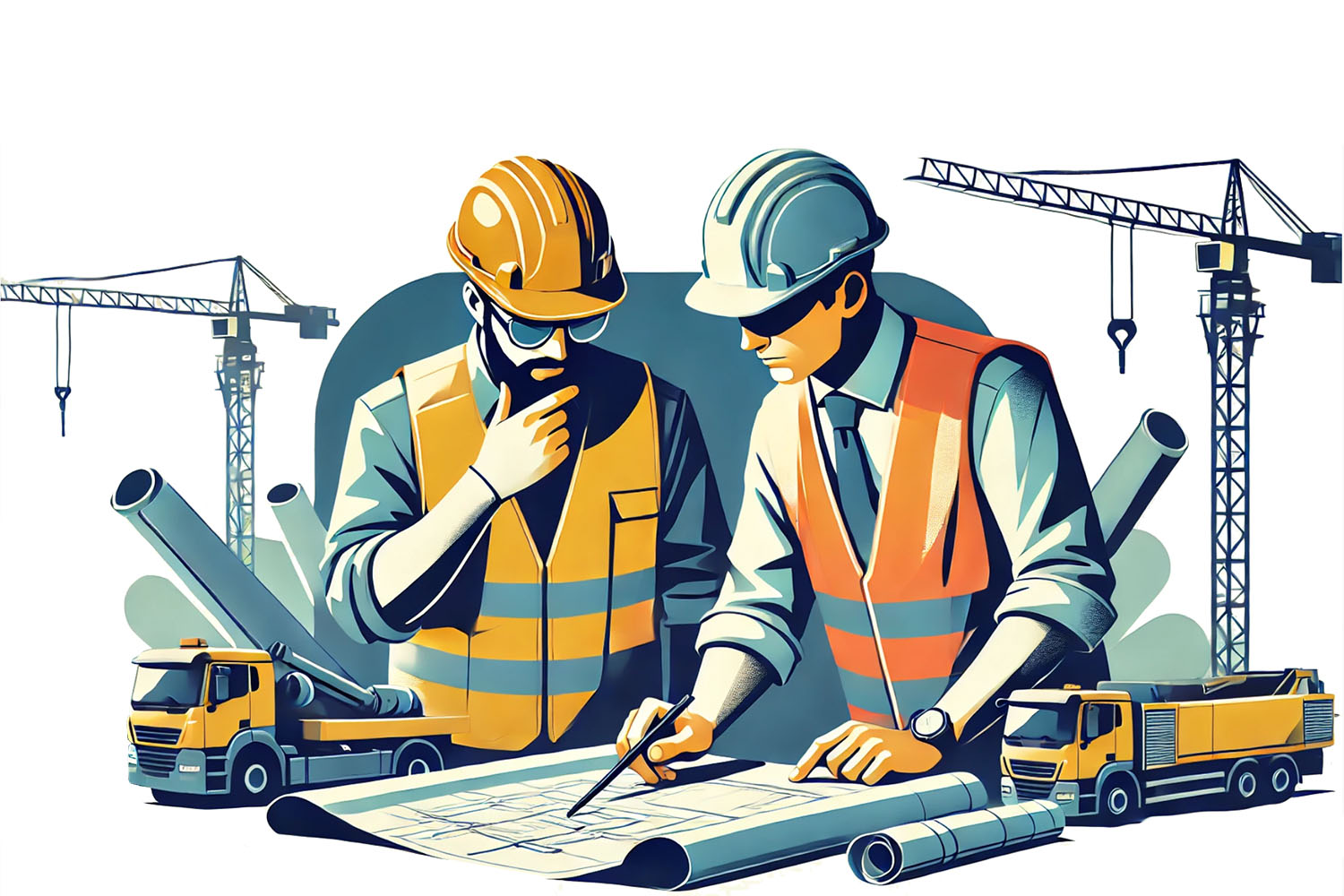Key Soft Skills Every Construction Worker Needs to Succeed
Key Soft Skills Every Construction Worker Needs to Succeed

More Than Just Hard Hats: The Importance of Soft Skills in Construction
While technical skills are essential for any construction worker, soft skills are just as important in ensuring success in the Australian construction industry. These skills help workers navigate challenges, work effectively in teams, and maintain strong relationships on-site.
In this article, we’ll explore the key soft skills every construction worker needs to thrive in their career.
1. Communication Skills
Good communication is vital on a construction site, where coordination between different trades, supervisors, and clients is essential. Workers who can clearly explain issues, listen effectively, and keep everyone on the same page contribute to a smoother and safer work environment.
2. Teamwork and Collaboration
Construction is a team effort, with various trades and professionals working together to complete projects. Being able to collaborate, share ideas, and support fellow workers is key to maintaining a positive and productive work environment. Team players are more likely to be noticed for promotions and leadership roles.
3. Problem-Solving Abilities
Every construction project encounters challenges, from unexpected site conditions to supply chain delays. Workers who can think critically and find creative solutions are invaluable assets on any construction site. This skill not only helps keep projects moving but also reduces downtime and costs.
“Effective communication can make all the difference in keeping projects on track and avoiding costly mistakes.”
4. Adaptability and Flexibility
The construction industry is fast-paced and ever-changing, with projects often requiring workers to adapt to new tools, technologies, or work conditions. Adaptable workers are better equipped to handle these changes and thrive in a variety of roles, making them more versatile and employable.
5. Time Management
Construction projects often have tight deadlines, and workers who can manage their time effectively contribute to the timely completion of tasks. Prioritising work, meeting deadlines, and staying organised on-site are critical to the success of any construction project.
6. Leadership and Initiative
Whether you’re managing a team or taking charge of your own tasks, leadership skills are crucial. Workers who show initiative, take responsibility, and lead by example often move up the ranks faster. Leadership in construction isn’t just about authority—it’s about guiding others, making informed decisions, and driving the project forward.
7. Attention to Detail
Construction requires precision, and even minor errors can lead to costly rework or safety hazards. Workers with strong attention to detail ensure that tasks are completed accurately and meet all required standards. This skill is especially important in quality control and safety compliance.
Final Thoughts
In the Australian construction industry, soft skills are just as important as technical expertise. By honing skills like communication, problem-solving, and leadership, construction workers can set themselves apart and succeed in their careers. These soft skills not only enhance individual performance but also contribute to safer, more efficient, and successful projects.